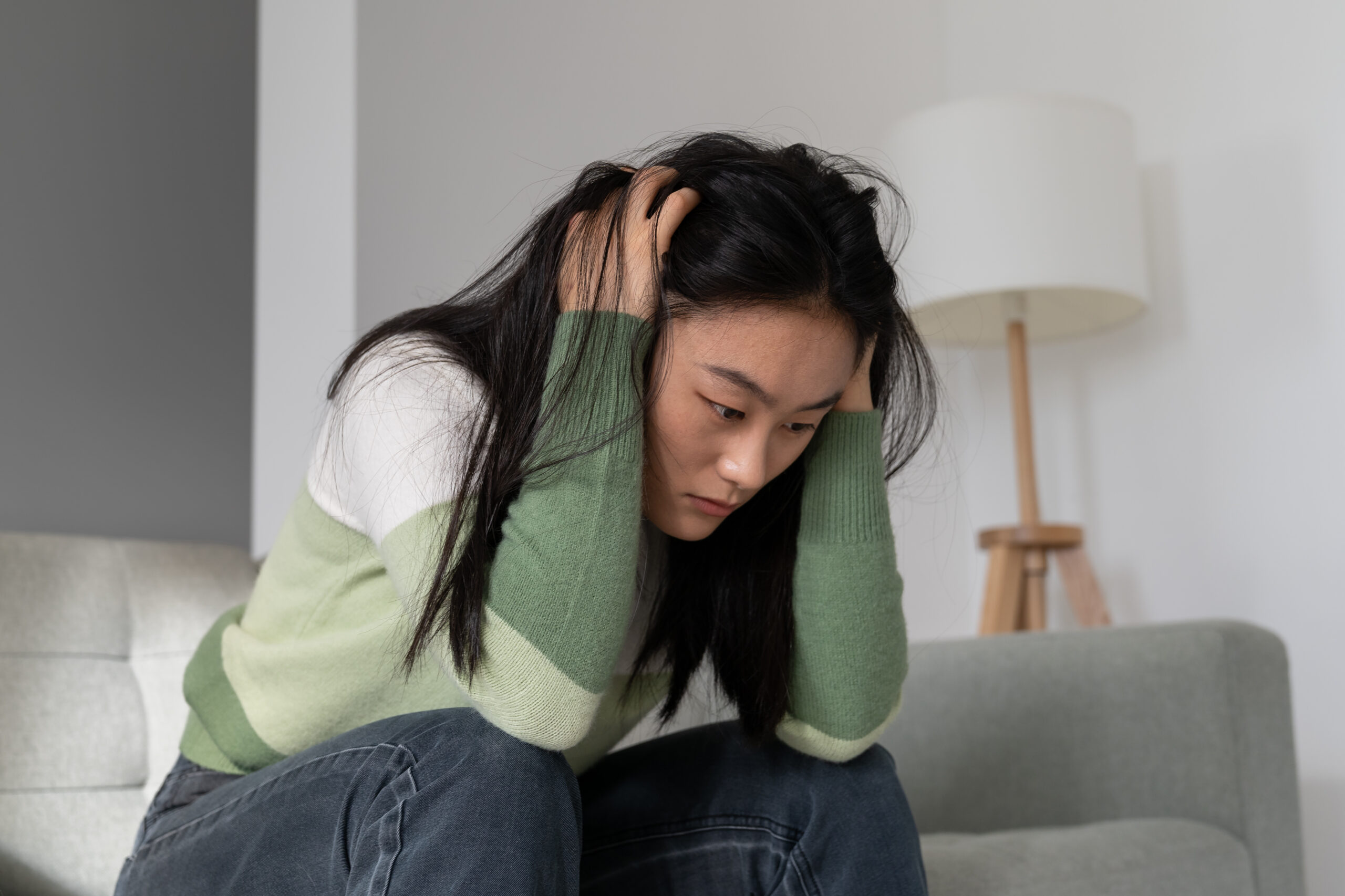When it comes to caring for your mental health, there are many courses of action that you can try. If you’ve been diagnosed with a mental health disorder, such as anxiety or depression, then it’s important to explore the variety of treatment options that can help manage your symptoms on a day-to-day basis to improve your overall quality of life.
Mental health disorder symptoms vary from person to person. What might work for someone else might not work for you. That’s why you should discuss treatment options with your mental health provider so they can determine which will be the most effective for your specific needs. There are many common treatments for anxiety and depression that you’ve likely heard about, but there are a couple that you may not have.
We’ll discuss the importance of treating anxiety and depression before diving into a few of the most common treatments. We’ll also cover one that you most likely haven’t heard of.
Why you should seek treatment for anxiety and depression
Generalized anxiety disorder (anxiety) and major depressive disorder (depression) are two of the most common mental health disorders across the United States. Approximately 6.7% of the adult population is affected by depression. Anxiety isn’t far behind, affecting about 3.1% of the population.
Many people experience the symptoms of both anxiety and depression at the same time. According to research, approximately 60% of people with anxiety also experience depressive symptoms.
Whether you experience symptoms of one or both conditions, proper treatment can help alleviate the impact they have on your emotions, thoughts and behaviors. Treating your anxiety and/or depression can help you improve your self-esteem, boost your motivation for the future and strengthen your relationships with others.
3 common anxiety and depression treatments that you’ve probably heard of
Once you’re diagnosed with anxiety and/or depression, your mental health provider will likely recommend a few of the go-to courses of action. The following treatments aren’t labeled as common for no reason. They are common in the world of health care because they are shown to be effective based on decades of research.
Here are three anxiety and depression treatments you’re probably familiar with:
- Antidepressants — Patients with anxiety and depression symptoms are usually prescribed an antidepressant medication. A common type is selective serotonin reuptake inhibitors, or SSRIs. The goal of these medications is to boost the serotonin levels in your brain. Serotonin helps regulate your moods and emotions.
- Psychotherapy — Talking with a licensed therapist can make a big difference in your mental health. The goal of therapy is to talk through your thoughts and feelings that are contributing to your anxiety and depression. The therapist can help you figure out the root of the problems and how to adapt healthy coping mechanisms and problem-solving skills.
- Support groups — Having anxiety and depression can be isolating. But there’s comfort in knowing that other people can understand your struggles. A support group is often led by a professional facilitator, and it gives people with anxiety and depression a safe space to share their experiences with their peers who have similar experiences.
1 depression treatment that you may not have heard of (Hint: It’s TMS)
Now that we’ve discussed common depression treatment options, it’s time to explore one that isn’t so common (but should be). Transcranial magnetic stimulation, usually known as TMS therapy, is a noninvasive and non-medication treatment option for major depressive disorder.
This neurostimulation therapy uses pulses of magnetic energy to stimulate the areas of the brain that affect your mood regulation. This stimulation, over the course of treatment, can decrease depression symptoms.
TMS is a relatively recent advance in mental health care, as it was approved by the FDA in 2008. Even though you may not have heard of it until now, it’s helped many patients alleviate their depression symptoms. It has helped 79% of Active Path patients experience a greater than 25% decrease in their depression, while 56% had their symptoms cut in half. Remission is even a possibility for some, with 33% of patients no longer experiencing symptoms after TMS therapy.
Active Path Mental Health provides treatment for anxiety and depression
It’s not always easy to stay on top of the new developments in mental health care, but that’s where we come in. At Active Path, we offer a variety of treatment options. Some that you may have heard of, such as antidepressants and psychotherapy, and some that you may be unfamiliar with, like TMS. We’ll determine which options will work best for you on your mental health journey.
Contact our team today for more information or to schedule an initial appointment.




